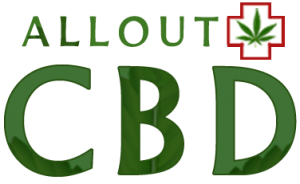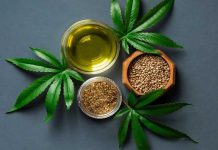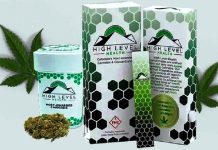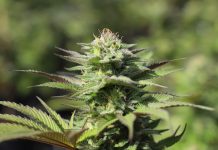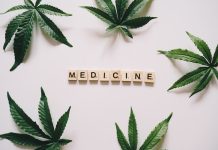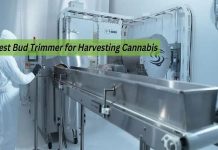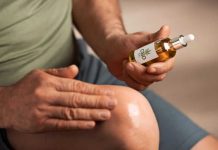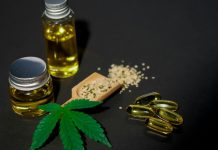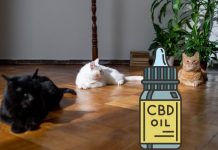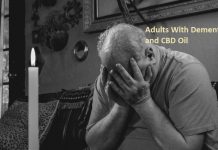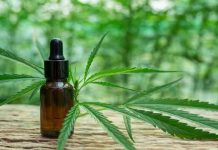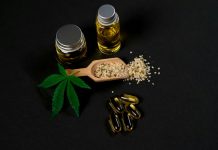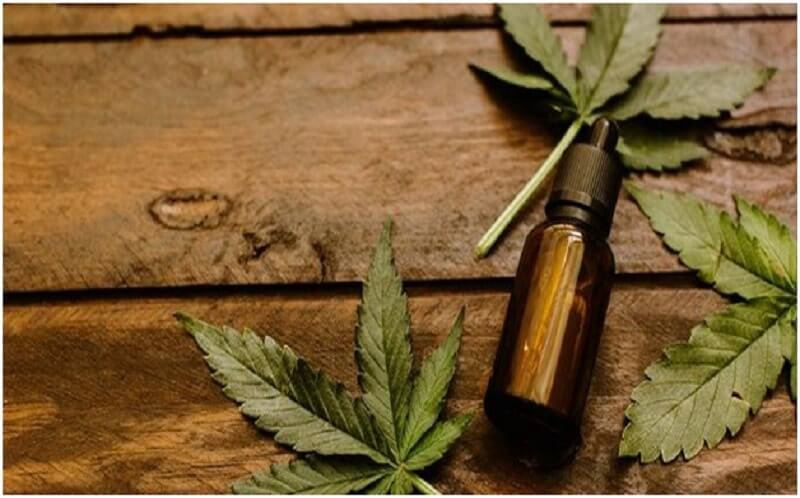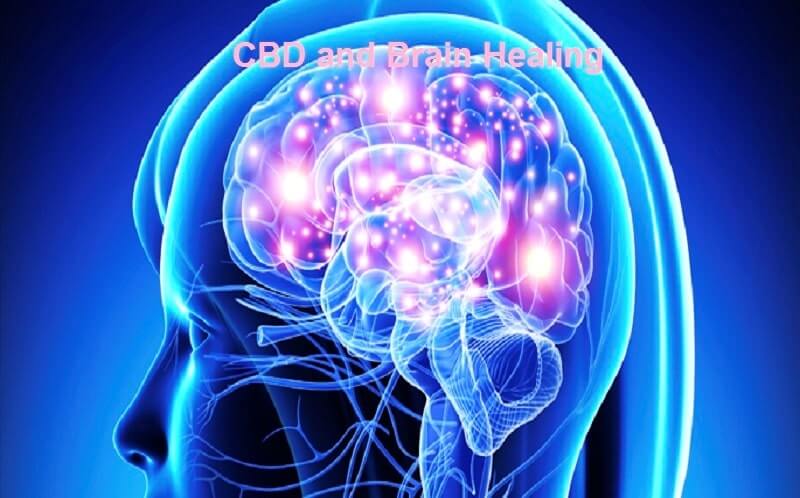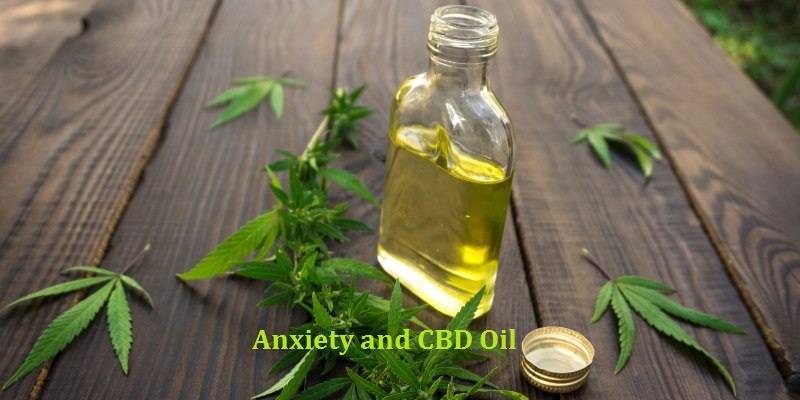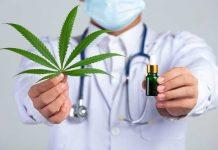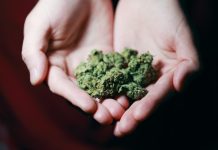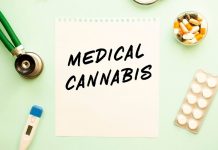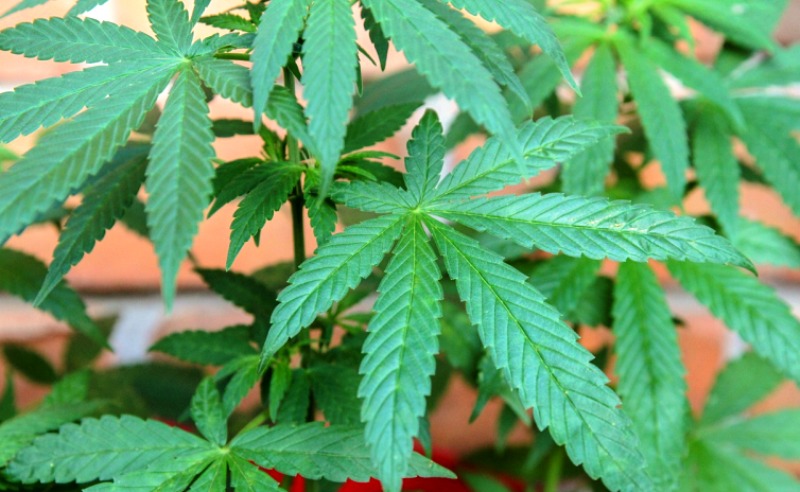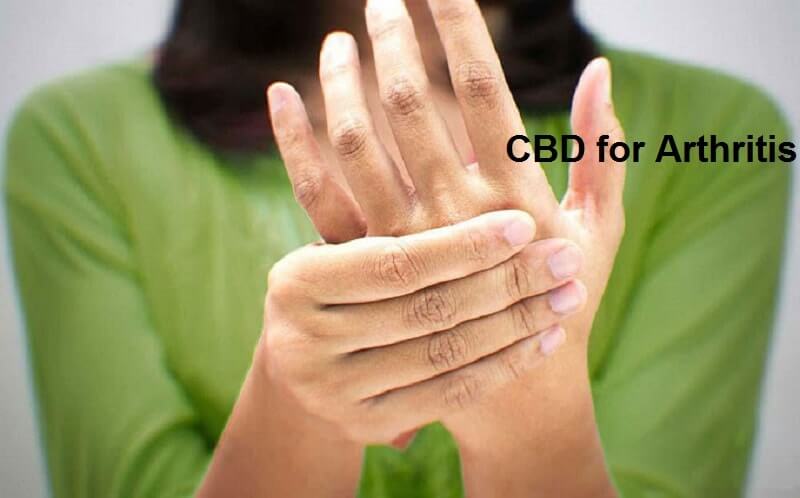CBD (cannabidiol) is a substance of the cannabinoid group contained in hemp (Cannabis sativa). CBD is believed to counteract inflammation and inflammatory pain. We asked Dr. Manfred Fankhauser his evaluations and experiences. His pharmacy in Langnau, BE, supplies cannabis preparations containing CBD and / or THC mainly to patients suffering from pain.
Swiss League against Rheumatism: What is the difference between CBD and THC?
CBD and THC are very similar to the chemical point of view. They have the same number and type of elements of carbon, hydrogen, and oxygen, but due to structural differences, these active ingredients behave differently.
Unlike THC, CBD has no intoxicating effects and even has a contrasting effect.
Another difference is that THC is much more studied than CBD.
Is CBD advisable in the case of rheumatism?
Yes, but we must consider the fact that the main strength of the CBD is not the contrast of pain. In this perspective, THC is more effective, whose pain-relieving effects are well documented especially in the case of multiple sclerosis. CBD is distinguished rather by its powerful anti-inflammatory effect.
So do you specifically recommend CBD in case of an inflammatory rheumatic disease?
No. The anti-inflammatory properties of CBD are more effective in combination with the pain-relieving properties of THC. This is confirmed by numerous results of research on cannabis, observation studies, and experiences communicated by physicians or directly by patients. In the case of arthritis, I would, therefore, recommend oil or a tincture containing both cannabinoids, CBD and THC.
And for other rheumatic forms?
The effectiveness of the combination of the pain-relieving effect of THC and the anti-inflammatory effect of CBD is also proven in the case of arthrosis, extra-articular rheumatism, chronic back pain, and osteoporosis.
And for fibromyalgia?
Over the past eleven years, our pharmacy has provided cannabis preparations containing CBD and THC to about 100 fibromyalgia patients, often receiving positive feedback.
How do you explain the great attention to the CBD?
There may be several reasons. Many suppliers put pressure on the market to sell their CBD-based products, equating them to miraculous remedies for the greatest possible number of diseases. However, the CBD has absolutely no such properties.
So do you advise against using CBD?
Absolutely not! There are many valid products based on plant extracts containing CBD that can be sold freely. In addition to CBD, these products contain the entire natural range of cannabinoids and other hemp substances still under-studied.
However, there are also negative aspects. Pesticide residues were found in the sample analyzes. Since the CBD-based products that can be sold freely are not approved medicines, dosage indications are also missing. Furthermore, the quantities indicated (for example 5% or 10% of CBD) are not always reliable. Lack of quality control.
What do you think of pure CBD-based therapies?
Depending on the indication or if the treating doctor absolutely does not want to prescribe THC, pure CBD therapy is an option. Our pharmacy has pure CBD oils; these are unprepared without THC for which a medical prescription is required. They contain between 2.5% and 20% of CBD.
On the other hand, Dronabinol, a pure THC-free mono-preparation without CBD, has been available in Switzerland for over 11 years. From the medical point of view, as already said, for certain pathologies it is more useful to take in combination the different cannabinoids present in hemp in the form of finished preparations or masterly preparations produced by a pharmacy.
What are the side effects?
CBD has very few side effects and can be taken without worries even for a long time. Possible side effects such as diarrhea or temporary alteration of liver values almost always result from an overdose.
THC also has few side effects. Cannabis preparations containing THC produce an intoxicating effect only at high dosages.
How do you get CBD and medical THC?
The attending physician must prescribe a THC-based preparation and request an individual authorization from the FOPH because the preparations starting from 1% THC are regulated by the Narcotics Act. The request must also be signed by the patient. It takes between seven and ten days for processing by the FOPH, which then issues a provision and a prescription for drugs, normally limited to one year.
This FOPH documentation allows you to purchase the preparation. The preparation must be sent by registered mail and the patient must collect the package and sign the receipt.
A normal medical prescription is sufficient for preparations based on pure CBD.
What is covered by health insurance?
Medications with CBD and / or THC are not covered by either the basic insurance or supplementary insurance.
However, it is worth contacting the health insurance company and requesting a guarantee for the costs. In some cases, cannabis therapy is cheaper than conventional drug therapy. The funds are increasingly covering medical cannabis costs around 400-600 francs a month.
How should one behave if the doctor does not want to prescribe medical cannabis?
It depends. Do you have specific reservations against medical cannabis? Don’t you know its potential? Or do you fear bureaucratic complications with the FOPH? Our pharmacy is contacted every day by doctors, to whom we provide information and advice. We can also help the doctor find a “cannabis-friendly” colleague to whom to address the patient.
We cannot and do not want to recommend doctors to patients and we do not encourage anyone to change their doctor. In principle, it is best for the patient to stay with the attending physician who knows him.
